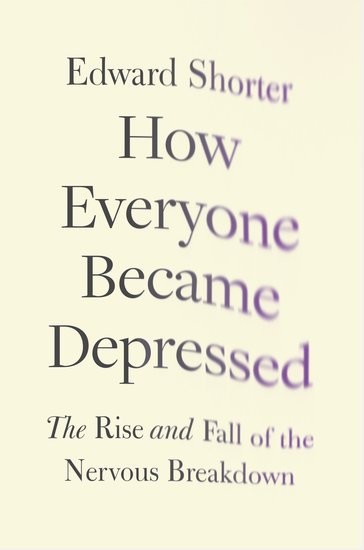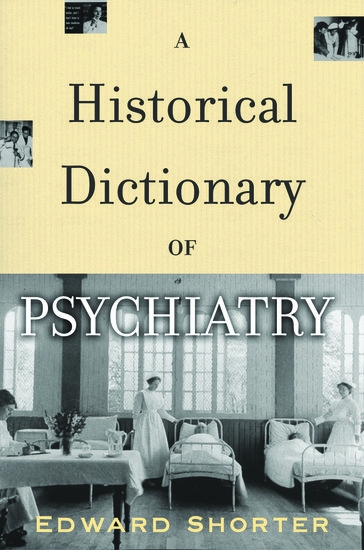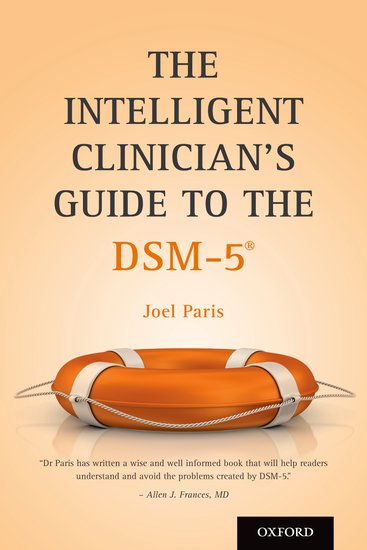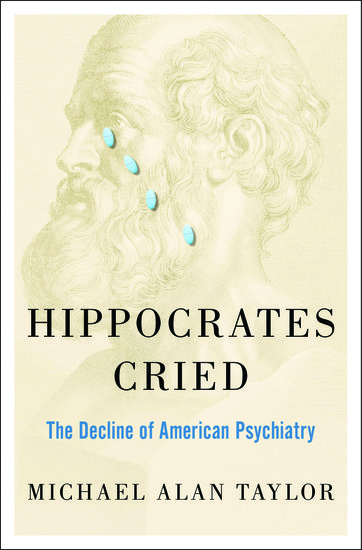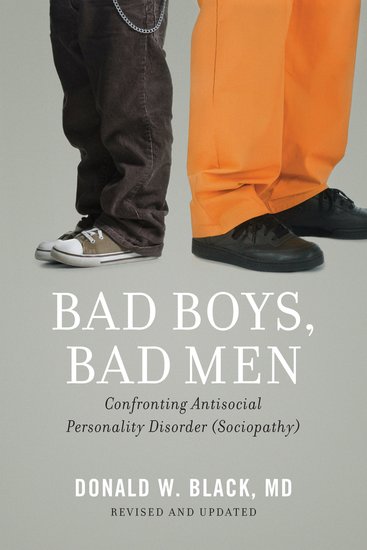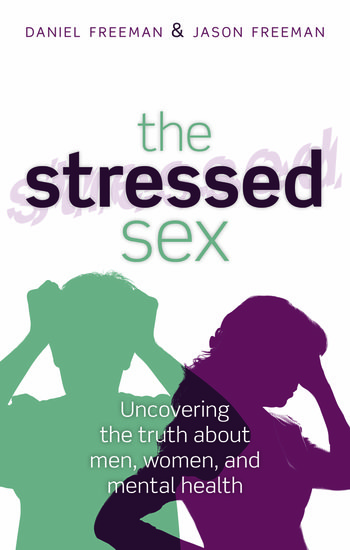Post-DSM tristesse: the reception of DSM-5
By Edward Shorter
We’re all suffering from DSM-5 burnout. Nobody really wants to hear anything more about it, so shrill have been the tirades against it, so fuddy-duddy the responses of the psychiatric establishment (“based on the latest science”).

